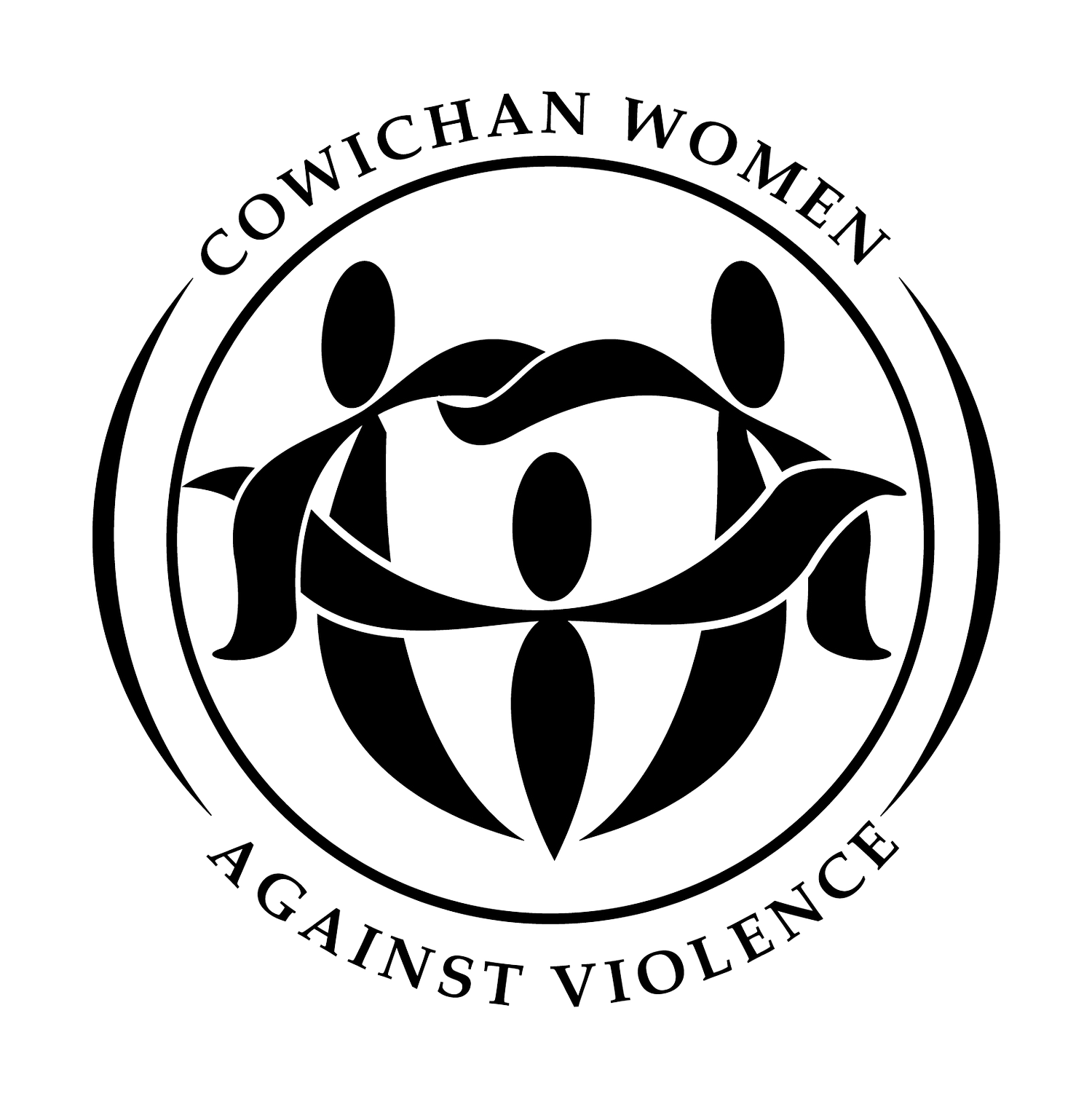It’s Okay to Need Help
It is important to look after ourselves so that we can look after others. While self care is important for survivors of abuse, it is equally important for their caregivers. Here are some tools you can use for your emotional and physical self-care.
-

Routine
It can seem hard thinking about living a normal life after a disclosure. However, this can be the best practice for you, and the survivor, to feel safe and regulated. Doing the things that are familiar to you will help with emotional regulation.
-

Make a Plan
Make a plan to do an activity you know you enjoy. This can help take a break away from thinking of what has happened and can be a good outlet for your emotions.
-

Ask for Help
Trained professional, friend, spouse, family member, crisis lines, strangers, advocates, doctors. You don’t have to go through this alone.
-

Relax
Breathing, hot bath, walk, hike, read, listen to music, exercise, yoga, meditation, eating vegetables. Do what makes you feel good.
-
First and foremost, BELIEVE them!
Children often make disclosures about things that confuse them and make them uncomfortable. One of the most tragic realities is that a child will often tell three or four people before one takes them seriously and takes action.
Because victims are so often told by an abuser that nobody will believe them, or that they are to blame for what has happened, a child may retract their statement or later deny that they told you. Be patient and kind. Victims often say in hindsight that they were at a breaking point when they made a disclosure. What they tell you may be horrifying or seem unbelievable to you, and it is imperative that you remain in control of your facial expressions and tone of voice. In order to protect children from further harm, we must not silence them.
Follow these actions to best serve a child in need:
-Be grateful
-Thank them for coming to you
-Stay Calm and keep listening
-Make a mental note of the date, time, location and circumstances of this disclosure
-Take the child to a place where there are no other children, if possible.
-Do not ask leading questions, you are not conducting an interview.
-Do not make assumptions about what happened, just listen
-Reassure the child that it is not their fault
-Don’t make any promises to the child that you cannot keep
-
There is no 'right' reaction to have when a child discloses abuse to you. It’s normal to feel several emotions all at once and to feel conflicted. See our resources above for further guidance on your own mental health or seek out some of CWAV’s counselling services.
These are some common responses. Remember, your initial response is not your continued response. There is always an opportunity to create a safer space for the person in need.
Anger
There are a number of reasons you may feel anger; not protecting the survivor, towards the perpetrator, not knowing sooner and being able to help, etc. This response is normal and it is important to find an outlet for your anger.
Anxiety
You may be worried about how to respond to the youth, what this will mean for their lives and yours or you may feel anxious about outside systems coming into your life. Reassurance for survivors is key and remember to look after your own health.
Disbelief
While you may be having a hard time believing what you may have been told, it is really important to try and believe the survivor and acknowledge the plan they have suffered.
Guilt
Feeling guilty about not being able to prevent the abuse and not realizing it was taking place is very normal. Try to focus on helping the survivor more forward now.
Sadness
When you know that someone you care about has been hurt in this way, it is hard not to feel sad, powerless and heartbroken. You might be sad that your loved one has changed because of what happened or you may know that this may impact them for a long time. You may also be sad if you knew the perpetrator and mourn for that relationship that is now lost. Take time to acknowledge these feelings and practice self care to get beyond them.
Additional Resources
Canadian Center for Child Protection:
https://www.protectchildren.ca/en/resources-research/#resources
Public Safety Canada: Child Sexual Exploitation on the Internet
https://www.publicsafety.gc.ca/cnt/cntrng-crm/chld-sxl-xplttn-ntrnt/index-en.aspx
NCTSN: What Parents Need to know about Sexual Abuse:
Responding to Child Welfare Concerns Booklet:
Child sexual Abuse: It is Your Business:
https://www.cybertip.ca/pdfs/C3P_ChildSexualAbuse_ItIsYourBusiness_en.pdf
Little Warriors:
Child Sexual Abuse Treatment, Education & Prevention | Little Warriors
Stop it now:


